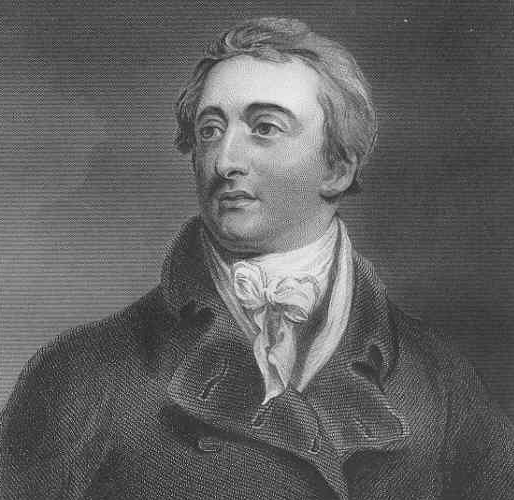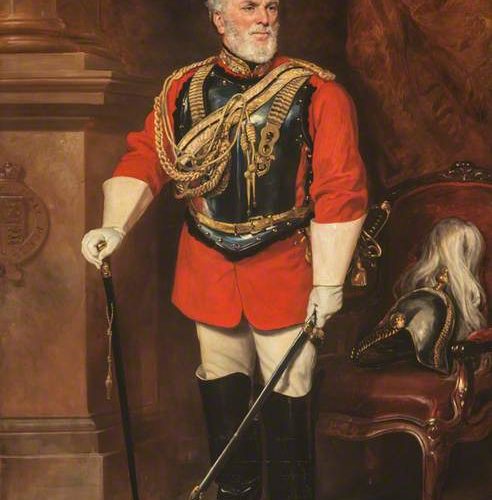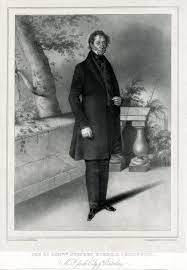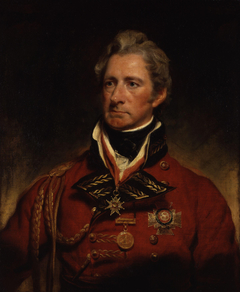Winston Churchill : Great Minds
Sir Winston Leonard Spencer Churchill (1874-1965) was a British statesman who served as Prime Minister of the United Kingdom from 1940 to 1945, during the Second World War, and again from 1951 to 1955. As a young soldier, Churchill sailed for India on 11 September 1896 and was garrisoned inRead More →














